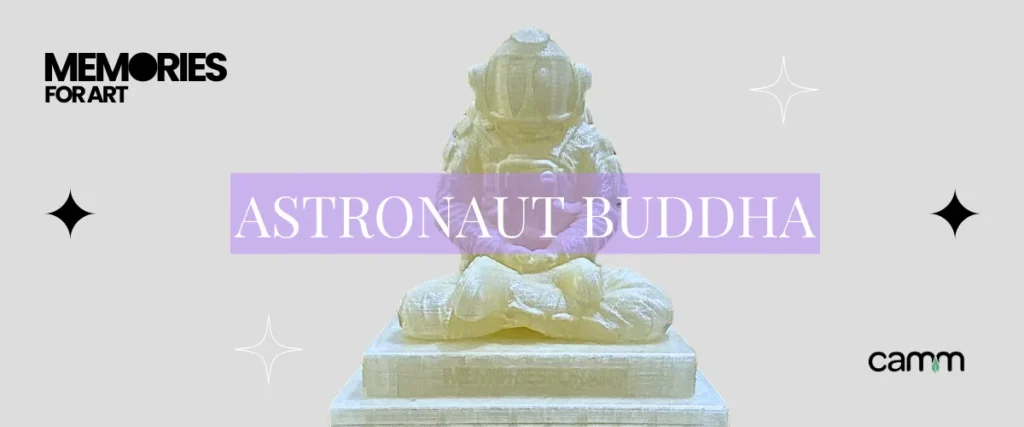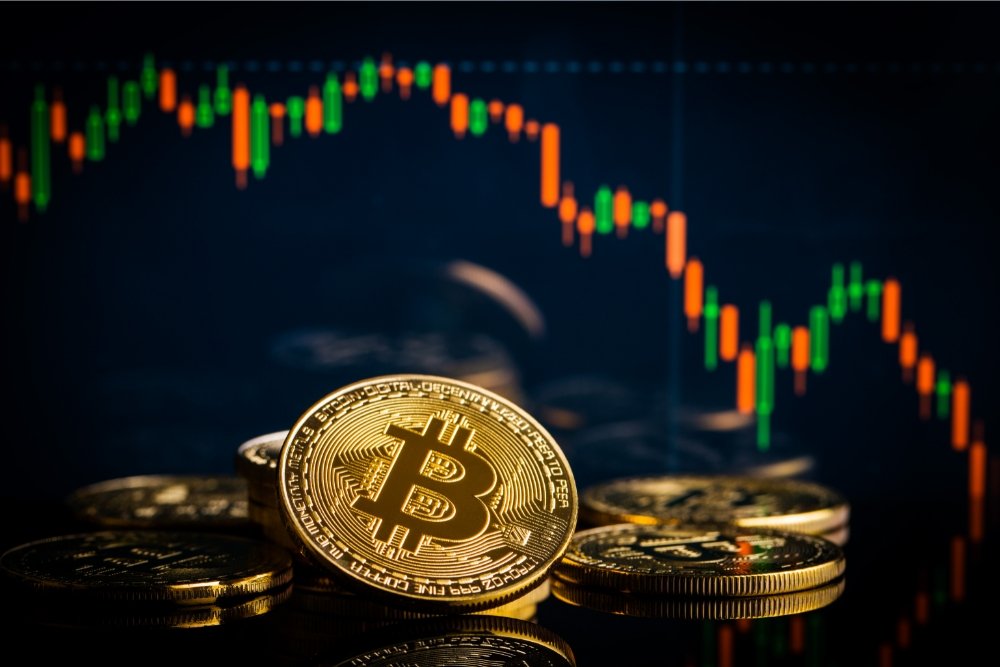The Simpsons is a long-running animated sitcom that has become an iconic part of popular culture. Known for its satirical take on American life, the show has tackled many topics. In its latest episode, The Simpsons taps into the growing popularity of NFTs, or non-fungible tokens.
As The Simpsons continues to stay relevant by addressing contemporary topics, its exploration of NFTs demonstrates the show’s power to capture the zeitgeist and provide a humorous and thought-provoking commentary on the intersection of art, technology, and popular culture.
Whether or not NFTs will have a lasting impact or fade away as a fad remains to be seen, but for now, they have certainly made their mark on The Simpsons and the broader cultural conversation.
Brief overview of The Simpsons and its cultural significance
The Simpsons’ take on NFTs
In the episode “Burger Kings,” The Simpsons explores the world of NFTs through a storyline centered around Bart Simpson creating and selling his NFT artwork. The episode satirizes the hype and frenzy surrounding NFTs, highlighting the absurdity of paying exorbitant amounts of money for digital assets that can be easily replicated or shared.
The episode also touches on the environmental concerns related to NFTs. The energy consumption associated with the blockchain technology used to create and trade NFTs has drawn criticism, as it requires significant computing power and contributes to carbon emissions. The Simpsons poke fun at this aspect by depicting a fictional character mining NFTs in his basement, causing a blackout in the neighborhood.
Cultural commentary and relevance
The Simpsons has always been known for its ability to tackle current events and trends, providing social commentary through humor. By incorporating NFTs into its storyline, the show reflects the increasing mainstream awareness and curiosity surrounding this new form of digital ownership.
The episode raises important questions about the value we place on digital assets and the impact of technology on art and creativity. It also highlights the potential for scams and fraudulent activities in the NFT space, as seen in Bart’s attempts to exploit the hype for personal gain.
The Simpsons Taps Into NFT Culture
“The Simpsons Taps Into NFT Culture” provided an entertaining exploration of NFTs within the context of the beloved animated series. It added to the ongoing conversation surrounding NFTs and their impact on art and digital ownership. Whether you’re a fan of The Simpsons or interested in understanding the NFT phenomenon, this episode offers an amusing perspective on this evolving trend.
Summary of the latest episode and its NFT storyline
The newest episode of The Simpsons, titled “The Simpsons Taps Into NFT Culture,” explores the world of non-fungible tokens (NFTs). The episode follows the Simpson family as they navigate the new digital art and collectibles trend.
The storyline revolves around Lisa Simpson discovering an NFT art piece she believes is a masterpiece. She becomes obsessed with owning it and dives into the world of NFTs, buying and selling various digital items. Meanwhile, Homer Simpson started his own NFT business, creating and selling his NFTs with hilarious results.
How did the show incorporate NFTs into its plot?
The show cleverly incorporates the concept of NFTs into its plot, highlighting the trend’s potential and absurdity. It satirizes the hype surrounding NFTs and the sometimes questionable value placed on digital assets. The episode also touches on the environmental concerns associated with blockchain technology, as Lisa realizes the carbon footprint of NFT transactions.
The episode’s reception among fans and the NFT community
“The Simpsons Taps Into NFT Culture” received mixed reactions from fans and the NFT community. Some viewers appreciated the show’s humorous take on the subject, finding it a timely commentary on the growing popularity of NFTs. Others felt that the episode could have done better or fully explored the complexities of the NFT space.
The episode sparked discussions among fans and NFT enthusiasts, with many sharing their thoughts on social media platforms. Some saw it as a lighthearted introduction to NFTs for those unfamiliar with the concept, while others criticized it for oversimplifying or trivializing the technology.
The Rise of NFTs in Pop Culture
Exploration of other TV shows, movies, and music that have featured NFTs
NFTs, or non-fungible tokens, have recently been making waves in pop culture. While they have primarily gained attention in art and collectibles, NFTs are also making their way into other forms of entertainment. TV shows, movies, and musicians have started exploring the use of NFTs to engage with fans and offer unique experiences.
One example of NFTs in pop culture is the television show “Rick and Morty.” The show’s creators released a series of limited edition NFTs featuring artwork inspired by the show. Fans had the opportunity to purchase these digital collectibles, giving them a unique piece of “Rick and Morty” history. It provided a new revenue stream for the show and allowed fans to feel a deeper connection to the series.
In addition to TV shows, movies have also started to embrace NFTs. Filmmaker Kevin Smith recently sold the rights to his upcoming horror film as an NFT. This unique approach allowed the buyer exclusive ownership of the film and potentially profit from its distribution. This experimentation with NFTs in the film industry opens up new possibilities for financing and distributing independent films.
Impact of NFTs on the entertainment industry
The impact of NFTs on the entertainment industry is still being explored. While some see them as a passing trend, others believe they have the potential to revolutionize how artists and creators are compensated for their work. NFTs allow artists to directly sell their work to fans, eliminating the need for intermediaries and potentially increasing their earnings.
Potential future of NFTs in pop culture
Looking ahead, the future of NFTs in pop culture is uncertain but promising. As more artists, musicians, and creators experiment with NFTs, we can expect new and innovative uses for these digital tokens. From virtual concerts to exclusive merchandise, NFTs have the potential to reshape how we consume and interact with entertainment.
The rise of NFTs in pop culture is an exciting development that offers new opportunities for artists and fans alike. Whether through TV shows, movies, or music, NFTs are transforming how we engage with entertainment and creating unique experiences for fans. While the long-term impact of NFTs is still uncertain, it is clear that they are here to stay and will continue to build the future of pop culture.
Criticisms and Controversies Surrounding NFTs
Environmental concerns surrounding NFTs
One primary concern surrounding NFTs is their environmental impact. NFTs are based on blockchain technology, which requires significant energy to operate. The energy usage associated with NFTs has raised concerns about their carbon footprint and contribution to climate change.
Criticisms of NFTs as a form of elitism and exclusivity
Critics argue that the energy consumption of NFTs is excessive and unsustainable, particularly when considering the environmental impact of minting and trading NFTs. It has triggered debates about the ethical implications of NFTs and whether the ecological cost is worth the benefits they provide.
Another criticism of NFTs revolves around the idea of elitism and exclusivity. NFTs have been associated with high prices and exclusivity, with some artwork selling for millions of dollars. It has led to concerns that NFTs primarily benefit established artists, collectors, and wealthy individuals while excluding emerging artists and those needing help to participate in the NFT market. Critics argue that this creates a system perpetuating inequality within the art world and limiting access to opportunities for artists from marginalized communities.
Potential adverse effects of NFTs on the art world
Furthermore, there are concerns about the possible adverse effects of NFTs on the art world. Some argue that the rise of NFTs has shifted the focus from the actual artwork to its digital representation as an NFT.
It can diminish the value and appreciation of physical artworks and the cultural and historical significance associated with traditional art forms. Additionally, there have been cases of copyright infringement and plagiarism within the NFT market, raising questions about authenticity, ownership, and the protection of artists’ rights.
NFTs have faced criticisms and controversies surrounding environmental concerns, elitism and exclusivity, and potential adverse effects on the art world. These debates highlight the need for careful consideration and regulation within the NFT market to address these concerns and ensure digital art’s more sustainable and inclusive future.
Takeaway
The use of NFTs in The Simpsons’ latest episode reflects the growing influence of these digital assets in pop culture. While there are valid concerns and uncertainties surrounding NFTs, their impact on the entertainment industry and society cannot be ignored.
The future of NFTs will likely be shaped by ongoing discussions, advancements in technology, and evolving regulations. Only time will tell how NFTs will continue to shape our cultural landscape.








